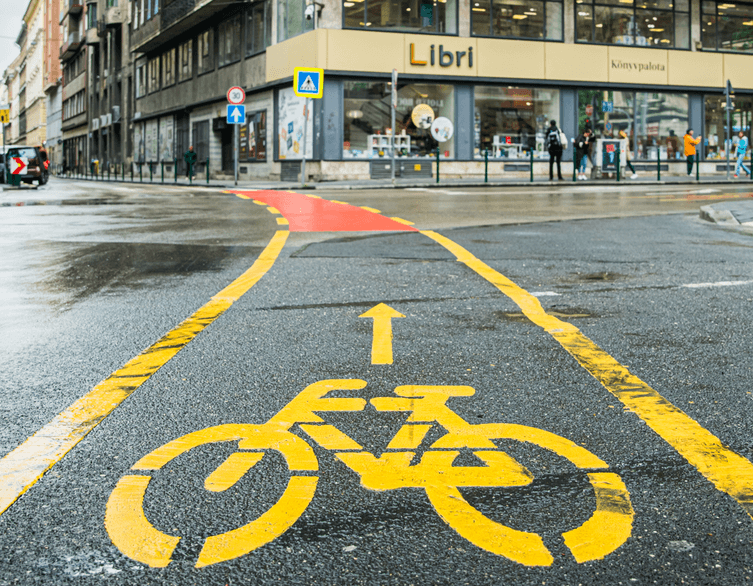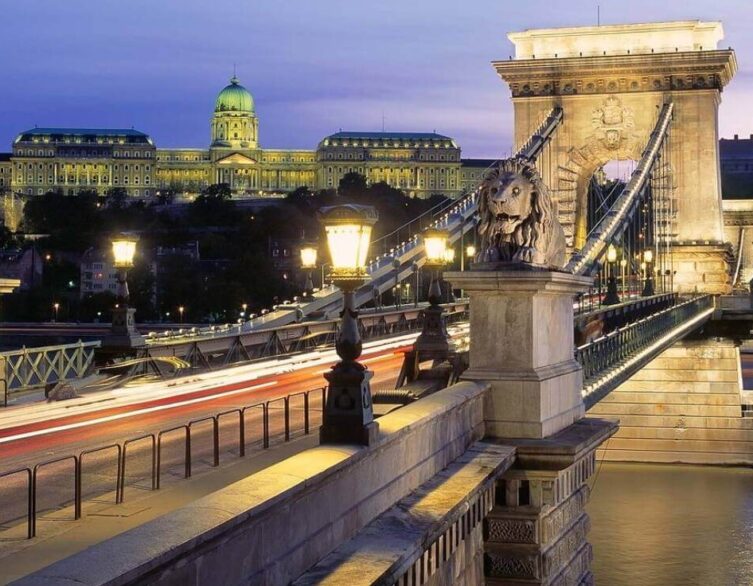Budapest Soars to Third Place as Global Workation Paradise: Why Hungary’s Capital is Winning the Remote Work Revolution

Just a few short years ago, the concept of hybrid work felt revolutionary. Today, it’s impossible to imagine life without the flexibility that remote work has brought to millions of professionals worldwide. And with this transformation has come an exciting new phenomenon that’s reshaping how we think about travel: the workation.
For foreign tourists visiting Budapest, this development carries special significance. The Hungarian capital has just claimed the bronze medal position as the world’s third-best workation destination, proving that this stunning European city isn’t just perfect for sightseeing – it’s also ideal for combining productive work with unforgettable travel experiences.
The Rise of the Workation Revolution
The workation trend represents more than just a catchy portmanteau of “work” and “vacation.” It’s a fundamental shift in how professionals approach their careers and personal lives. Remote workers are increasingly choosing to extend their holidays by working from dream destinations, blending productivity with exploration in ways that would have seemed impossible just a decade ago.
The numbers tell the story beautifully. According to recent research, 60 percent of hybrid workers are now more likely to extend their vacations for remote work purposes than they were just one year ago. Even more striking, 78 percent of knowledge workers consider the ability to work from anywhere as a crucial factor when job hunting. This isn’t just a trend – it’s a complete reimagining of work-life balance.
Tokyo Takes the Crown, But Budapest Shines Bright
The International Workplace Group’s comprehensive Work from Anywhere Barometer evaluated cities across twelve critical factors, including broadband internet speed, transportation costs, climate, flexible office availability, and proximity to nature. Tokyo claimed the top spot with an impressive 91 out of 120 points, thanks to its lightning-fast internet, advanced transportation infrastructure, excellent safety record, and newly launched digital nomad visa.
Best deals of Budapest
Rio de Janeiro secured second place with 90 points, celebrated for its affordable living costs and city-wide 5G network. But it’s Budapest’s third-place finish with 89.5 points that truly captures the imagination of visitors seeking the perfect blend of European charm and modern convenience.
What Makes Budapest a Workation Wonderland
Budapest’s recognition as a top-tier workation destination isn’t accidental – it’s the result of the city’s unique combination of practical advantages and cultural richness. The evaluation highlighted the Hungarian capital’s exceptional public transportation system and vibrant cultural offerings as key strengths.
For tourists who might be considering extending their Budapest visit to include some remote work, the city offers compelling advantages. Monthly living expenses typically range from €1,000 to €1,500 for a single person, including rent, making it significantly more affordable than most Western European capitals. This cost efficiency extends to daily expenses, with lunch meals averaging around €7 and public transportation being remarkably affordable.
The city’s internet infrastructure is particularly impressive, with average speeds of 150-200 Mbps ensuring smooth video calls and efficient online work. Budapest consistently ranks in the top ten countries globally for internet speed, making it a reliable choice for professionals who need stable connectivity.
A Digital Nomad Paradise in the Heart of Europe
Budapest’s appeal extends far beyond practical considerations. The city has established itself as one of Europe’s premier destinations for digital nomads, ranking fifth in Flatio’s list of top 20 digital nomad destinations for 2025. This recognition places Budapest ahead of many Western European capitals, a testament to its growing reputation in the remote work community.
The city’s digital nomad ecosystem is thriving, supported by numerous coworking spaces that cater specifically to remote workers. Popular venues like Kaptár and Impact Hub provide excellent environments for productivity and networking, while the growing expat community makes it easy for newcomers to connect and feel at home.
The Perfect Balance of Work and Wonder
What truly sets Budapest apart is how seamlessly it balances professional productivity with leisure activities. The city’s compact size makes it incredibly walkable, with wide pavements and easy street crossings that make navigation a pleasure rather than a chore. The efficient public transportation system includes metro lines, buses, trams, and suburban railways, all operating on a unified ticket system.
After a productive workday, professionals can unwind in ways that few other cities can match. Budapest’s famous thermal baths provide the perfect antidote to long hours at a laptop screen, while the city’s legendary ruin bars offer unique nightlife experiences. The rich cultural landscape includes over 200 museums and galleries, ensuring that there’s always something new to explore during downtime.
Central European Gateway
Budapest’s location in Central Europe makes it an ideal base for exploring the broader region. For workation enthusiasts who want to combine extended stays with regional travel, the city offers excellent connectivity to other European destinations. This geographic advantage allows remote workers to experience multiple cultures and destinations while maintaining a stable work base.
The city’s continental climate provides distinct seasons that appeal to different preferences – crisp winters perfect for cozy indoor work sessions and hot summers ideal for rooftop workspaces and outdoor exploration. Whatever the season, Budapest maintains its charm and functionality for remote workers.
Building Community in a Historic Setting
One of Budapest’s greatest strengths is its ability to foster community among remote workers and digital nomads. The city’s welcoming atmosphere, combined with its affordable cost of living, has attracted a diverse international community that provides ample opportunities for networking and socializing.
The Hungarian government has also recognized the value of attracting remote workers, making investments to enhance the city’s appeal to digital nomads and hybrid professionals. This official support, combined with the natural advantages of the city, creates an environment where remote work thrives.
Looking Ahead: Budapest’s Bright Future
As the workation trend continues to evolve, Budapest is positioning itself at the forefront of this movement. The city’s third-place ranking in the global workation index represents more than just recognition – it’s validation of Budapest’s transformation into a modern, connected, and professionally viable destination.
For tourists visiting Budapest, this development offers an intriguing possibility. Whether you’re exploring the city’s architectural marvels, soaking in its thermal waters, or savoring its culinary delights, you’re experiencing a destination that’s not just beautiful and historically significant, but also perfectly equipped for the future of work.
The rise of Budapest as a workation destination reflects broader changes in how we think about travel, work, and life balance. As more professionals embrace location independence, cities like Budapest that successfully combine cultural richness with modern infrastructure will continue to attract visitors who want to experience more than just a typical tourist itinerary.
Budapest’s journey from a stunning tourist destination to a globally recognized workation hub demonstrates that the best travel experiences often come from places that offer both beauty and functionality. For visitors to Hungary’s capital, this means the opportunity to not just see a magnificent city, but to potentially experience what it might be like to make it a temporary home base for work and exploration.
Related news
















